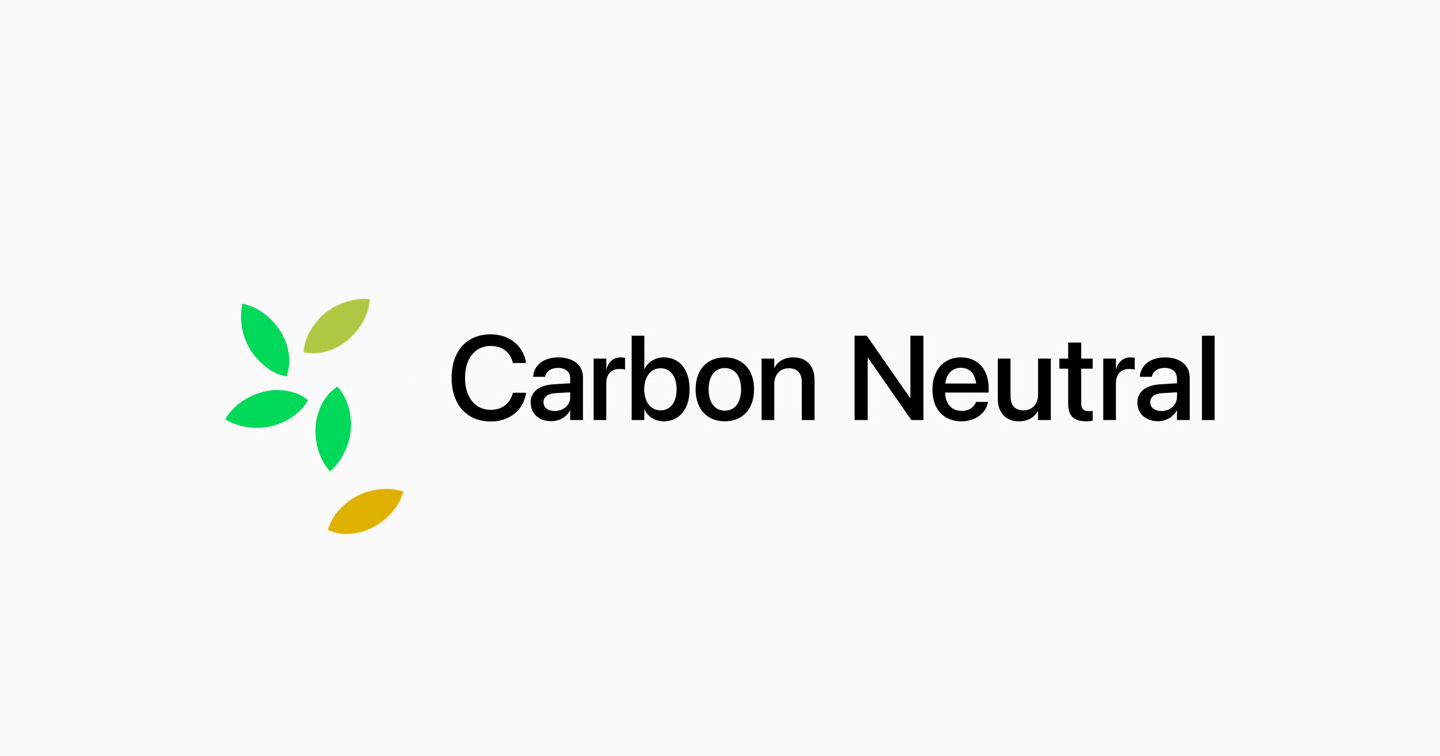24/11/2023
Apple suppliers, the “carbon neutral” Apple Watch, and carbon credits
Very curious, this Greenpeace report detailing the decarbonization efforts of 11 of the largest suppliers of technology companies.
The main findings:
- “The median reported renewable electricity procurement rate for the 11 electronics suppliers in the ranking was 20% in 2022, compared to 10% for the same 11 companies in 2021.”
- Only 4 of the 11 committed to the goal of decarbonizing their supplier networks by 2050. For 2030, only Intel made the promise.
- Foxconn has the highest reported rates of emissions and energy consumption in the final manufacture of the ranking. In 2022, the company’s emissions exceeded those of Iceland — and with only 8% of energy coming from renewable sources.
- Samsung Electronics received the worst score among semiconductor manufacturers (D+). No manufacturer got a score higher than C+.
The full report can be read here (PDF).

Apple has business with all of 11 suppliers analyzed by Greenpeace.
In October, Apple drew attention by announcing its first “carbon neutral” product, a specific model of Apple Watch combined with a few bands.
The claim was contested by the Institute of Public and Environmental Affairs (IPE), a non-profit institution in China that, a year earlier, had received praise from Apple. The IPE accused the company of lacking transparency about the supply chain of its products.
That wasn’t the only problem with Apple’s and other polluting companies claims of being or becoming carbon neutral.
Unfortunately, it’s not like Apple has figured out a way to make its smartwatch suck CO2 out of the atmosphere. Neutrality was achieved, as expected, with the purchase of carbon credits — the equivalent of 7–12 kg per watch, according to the Financial Times.
These credits, according to Apple itself, are from projects in Latin America and use “international standards” of certification of the so-called voluntary (or unregulated) market, including those of Verra, which an investigation by The Guardian found that ~90% of the credits did not represent any actual reduction in the emission of greenhouse gases.
The operation of carbon credits in the voluntary market is bizarre. Without regulation (and without surprise), incentives turn to maximizing profit — once again, the tail of capitalism shakes the dog, or the environment.
The history of the Lake Kariba forest in Zimbabwe, told in the New Yorker, is a good example of these erratic incentives in the carbon credit market in full force. (If you find the article too long, Matt Levine made a good and fun summary in his column.)
Brazil represents another chronic problem of the voluntary market, with the allotment of public land by the so-called “carbon cowboys” in the Amazon, as shown by Sumaúma.
Carbon credits are sold as the solution to the paradox of sustaining economic growth without worsening the climate catastrophe. If it seems too good to be true, it’s because it’s not.